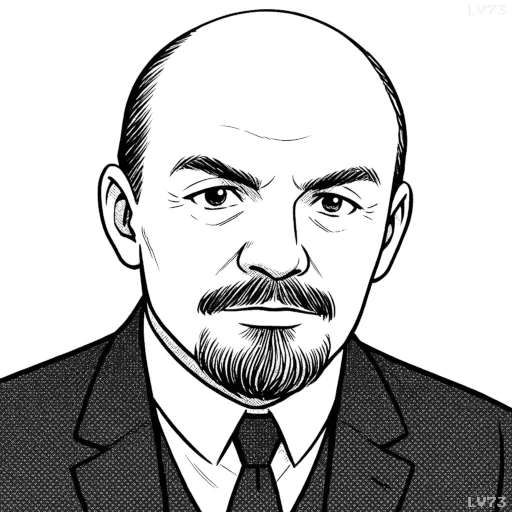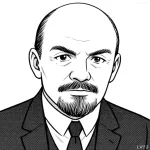“Any cook should be able to run the country.”

- April 22, 1870 – January 21, 1924
- Born in the Russian Empire
- Revolutionary, political theorist, lawyer, state leader
table of contents
Quote
“Any cook should be able to run the country.”
Explanation
This quote reflects Lenin’s belief in the democratization of political power and his vision for a society where the working class, including ordinary people, could actively participate in governance. By saying that “any cook” should be able to run the country, Lenin is emphasizing that political leadership should not be reserved for an elite class of intellectuals or professionals but should be accessible to all citizens, regardless of their background or education. This idea aligns with Lenin’s broader goal of empowering the working class and dismantling the hierarchical and elitist structures of government that he saw as characteristic of capitalist societies.
Historically, Lenin was responding to the idea that governance required specialized knowledge and skills, a notion typically used by the ruling class to justify their control over state power. Lenin’s point was that, under socialism, the state would be simplified, and the collective management of society would be a shared responsibility. He believed that, in a socialist society, the masses would be educated and politically conscious, making it possible for ordinary people — even those without formal training — to manage the country effectively. In his view, bureaucracy and specialized elites were unnecessary, as everyone would have a role in decision-making and governance.
In modern contexts, this quote challenges the idea that government should be run by experts or technocrats, suggesting that political power and leadership should be accessible to ordinary people. It resonates with movements for greater political representation and participation, particularly among marginalized or working-class communities. However, it also raises questions about the practicalities of governance — whether complex political, economic, and social systems can truly be managed by ordinary citizens without expertise. Lenin’s statement remains a call for inclusive political systems that prioritize broad participation over the concentration of power in the hands of an elite few.
Would you like to share your impressions or related stories about this quote in the comments section?
